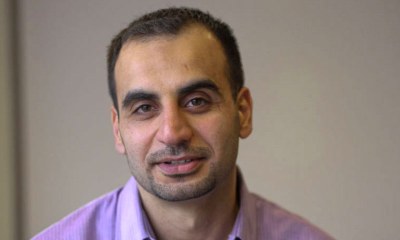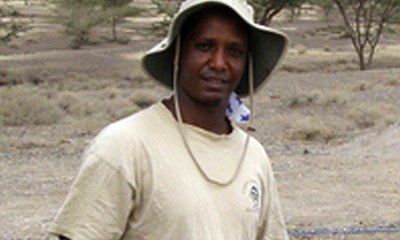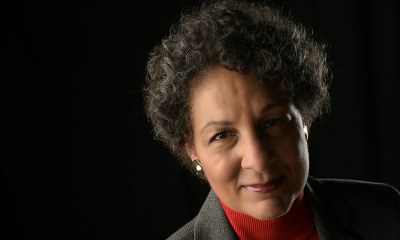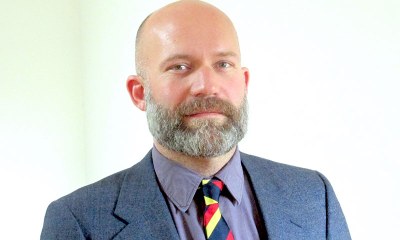Perspectives on Migration & Immigration
The United States is the number one destination for migrants around the globe, with more than 45 million immigrants living stateside. As the global community becomes increasingly intertwined, we need to ask ourselves: what are the implications of the growing population of migrants worldwide, and how can we understand the issue from a variety of perspectives? Six professors from across the College contemplate the potential impact of migration and immigration on their fields and research, and on the world at-large.

Matt Ruther
Assistant Professor (Urban and Public Affairs) and Director, Kentucky State Data Center
"Conspicuously absent from the current dialogue is any consideration of the benefits that immigrants bring to our communities, the humanitarian concerns surrounding immigration, and the fact that our nation has for much of its history been very welcoming to foreigners."

James Alexander
Associate Professor (Biology)
"Organisms have conflicting reasons for dispersal and migration. There are reasons to stay in place; for example, many dispersing organisms die while dispersing. In some situations, staying with relatives increases survival and inclusive fitness. Other factors favor dispersing. Dispersal reduces competition with kin; for some species, parents chase away grown young, so that they are not future competitors."

Kkaldoun Almousily
Instructor, Coordinator of Arabic Program (Classical & Modern Languages)
"At the end of the day people are people, regardless of their language, culture, religion, or background."

Amanuel Beyin
Assistant Professor (Anthropology)
"If there is any lesson we can learn from our evolutionary history, it is the recognition that migration has played a vital role in shaping mankind’s destiny by facilitating population interactions, cultural diversity and the emergence of new genetic make-up."

Joy Gleason Carew
Associate Professor (Pan-African Studies)
"We all need to make good use of shared educational and working environments to learn more about each other and to disabuse the current waves of intolerance."

Karl Swinehart
Assistant Professor, Linguistics (Comparative Humanities)
"As people migrate they enter new communities and adopt new languages along the way. They also bring their languages with them, and sometimes even leave traces of them behind. This process can produce friction and results in human dramas both small and large."
